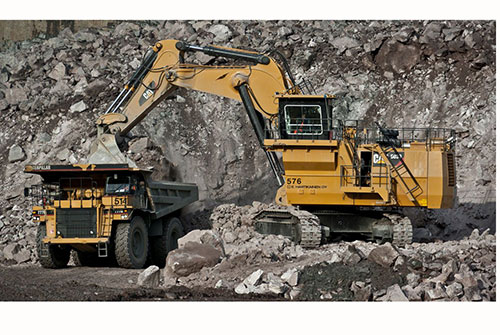Chamber of Mines CEO, Veston Malango believes the Namibian mining sector supports the overall objectives of the National Equitable Economic Empowerment Framework (NEEEF). However, Malango said the chamber is concerned about how these objectives will be achieved.
Some NEEEF objectives include ensuring the equitable and sustainable sharing of national resources, creating vehicles for empowerment, and removing barriers to socio-economic advancement to enable previously disadvantaged people to access productive assets and empowerment opportunities.
While addressing a media briefing on Tuesday, Malango said there have been strong sentiments that NEEEF will discourage foreign investors from doing business in Namibia and thus could impact negatively foreign direct investment (FDI).
“Investors see NEEEF as a risk to their investment, and what we have done as a chamber, we have de-risked that. We engaged government on all the contentious issues, and one of the biggest was the 25% equity participation and we convinced government that rather than putting a threshold, to de-risk that, let each sector determine what is doable, because each sector is unique in its own way,” Malango explained.
He added that the chamber proposed and advocated for government to adopt flexibility, which he said they did. This, Malango noted, was how the 5% minimum equity participation was determined for the sector.
Malango further assured investors the mining and business environments are now conducive, emphasising that “there is nothing to fear”.
The mining sector is historically one of the biggest contributors to Namibia’s gross domestic product (GDP). The Namibian economy is largely undiversified due mainly to an overreliance on mining and related exports. Domestic economic performance has been highly reliant on mining commodity exports which tend to be volatile due to their dependence on international commodity prices. – mndjavera@nepc.com.na


